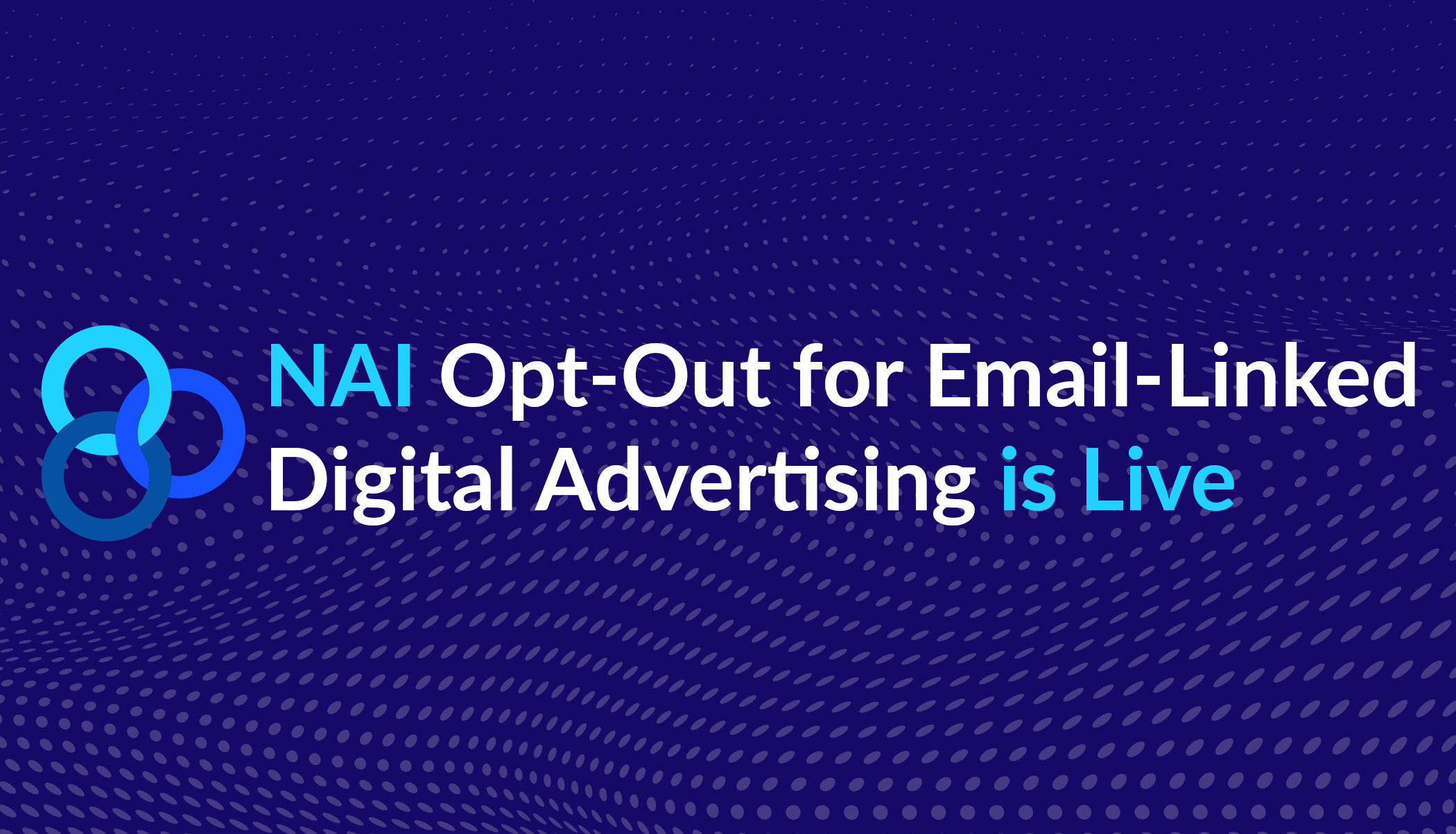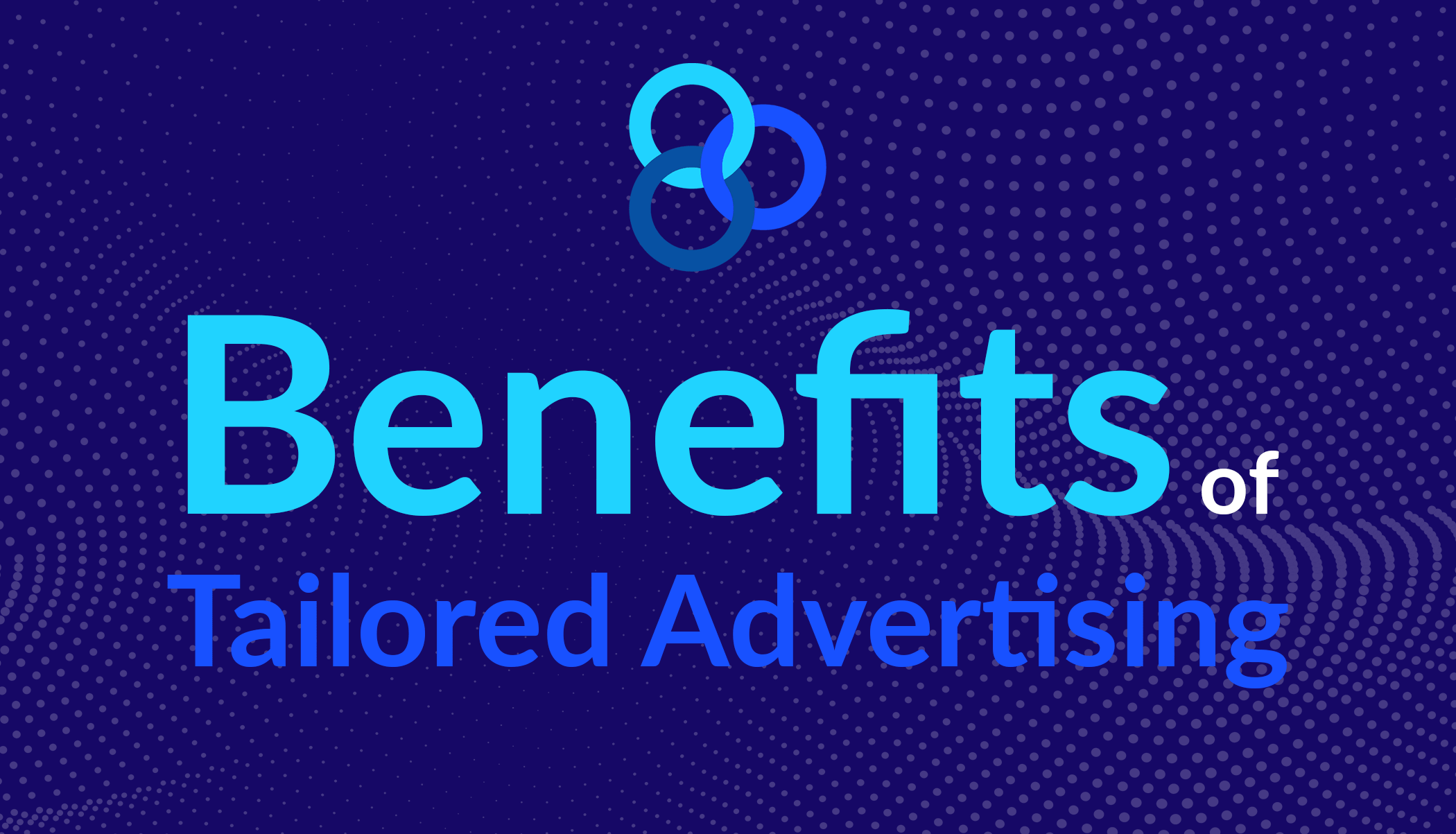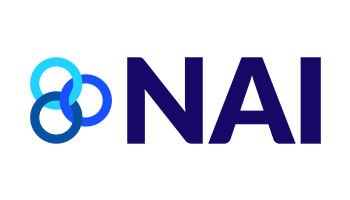Q&A with Jurgen Van Staden, NAI Counsel and Director of Policy
Your job title is Counsel and Director of Policy. What does that mean in terms of your work every day?
My job really has two sides – the first is compliance and the second is working with members and industry leaders to develop and implement policy for our membership. On the compliance side, I make sure that new members can comply with NAI’s requirements and that existing members continue to comply with the Code and guidance. Frequently, this involves helping members evaluate compliance requirements as their business models change or as they role out new products and services. It’s a rapidly evolving marketplace, making for great opportunities to think through privacy challenges and to help our members consider Code requirements as they develop and produce new business lines.
The second part of my job is closely tied to the first. Constant contact with our members, and the discussions I have regarding their evolving business models, gives me unique and informed insight into the industry. As Director of Policy this is invaluable when formulating new NAI policies with our team, our Board and the membership as a whole.
Tell us a little bit about your background. What did you do before you started at NAI?
I have a strong technical background, from an educational perspective. After completing my law degree, I studied computer science and focused my Masters’ work on information assurance and cyber security policy. I learned to hack code surrounded by a bunch of whiz kids! It was challenging – they were way better than I was – but it gave me the skills and knowledge I needed when I started work as a cyber-security consultant. This skillset has continued to inform my legal work and experience ever since.
How do you think your experience impacts your work at NAI?
My background working with a wide range of companies helps me maintain good lines of communication with NAI members, something that is very important to the work we do. More specifically, my technology and policy background is also critical to understanding the rapidly evolving ad-tech market and to working with members and stakeholders in developing policy. It’s also immensely helpful when bridging gaps of understanding between technologists, attorneys, regulators and operations to ensure everyone is on the same page.
At NAI, we believe in the free, ad-supported Internet and we see value in the Interest-Based Advertising model that enables consumer access and engagement. At the same time, we insist on responsible business practices in the areas of consumer choice and privacy. That constant balance requires careful, precise dialogue across several complex disciplines. Asking the right questions is becoming harder to do but it’s critical to get meaningful information.
Finally, my experience has taught me to be realistic. Whether as an attorney or a consultant, I was always impressed with how hard companies worked to get “it” right. I saw employees spend long hours, under great stress and usually with very limited resources to meet challenging demands that carried great risk. So, when we’re talking about new compliance requirements, I remember the stress and the effort required to approve, update, implement, test, and roll-out new requirements. I often say that something that makes sense from a privacy perspective has to also be practical and implementable.
What do you see on the horizon?
I think the biggest item on the horizon is our industry’s move to incorporate non-cookie technologies into the stack. At NAI, we’re assessing these new technologies as they become part of our members’ IBA practices. We’re working to shape our policies accordingly. It’s a process that requires extensive conversations with our membership, stakeholders and regulators. Our goal at NAI is to implement policy that is consistent with NAI’s long history of effective self-regulation. New policy should maintain, ideally raise, the bar for privacy. But, in a space that is characterized by interconnected and complex technologies, new policies must make sense from a business perspective and be implementable for them to be meaningful.
You’ve talked about your passion for technology and the Internet. That passion has obviously driven you to focus your study and work in this niche space. But it’s interesting that you began your undergraduate studies without access to the Internet.
That’s true. After growing up in South Africa, I accepted a tennis scholarship and moved across the globe to Tulsa, OK. I made this pre-Internet decision on what I learned from American movies and a three-color hard copy pamphlet. I knew education in the U.S. would give me opportunities I couldn’t have anywhere else and I wanted to be a part of the freedom that the U.S. stands for. Looking back, perhaps that goal, and my belief in the American Dream, has motivated my career choices.
What do you like best about working at NAI?
NAI is made up of people who are passionate about privacy and fascinated by technology. We are known for being nimble and responsive to our members’ needs, and are required to pivot our thinking on a constant basis as they evolve. The best thing about NAI is that my colleagues and I thoroughly enjoy this space. We thrive on the interaction with our members, are inspired by the challenges they face, and count it a real privilege to work closely with them to solve some of the more pressing and challenging privacy questions today. I come to work hoping to make a difference in the life of the Internet and that, I think, is a pretty good reason to make it in to the office.








